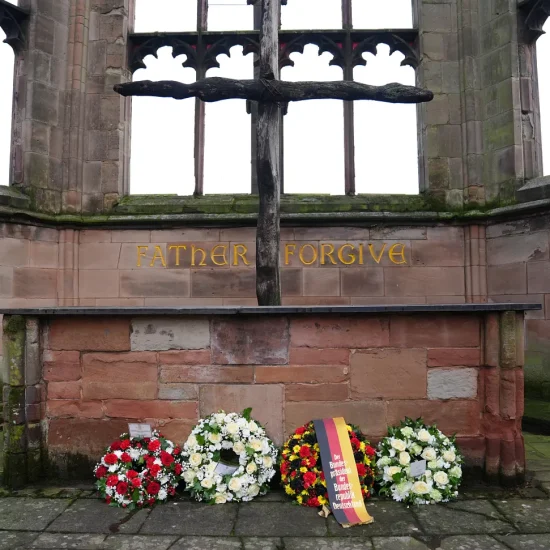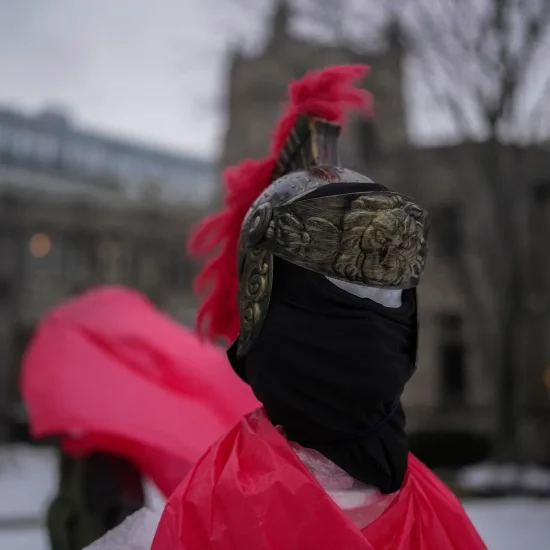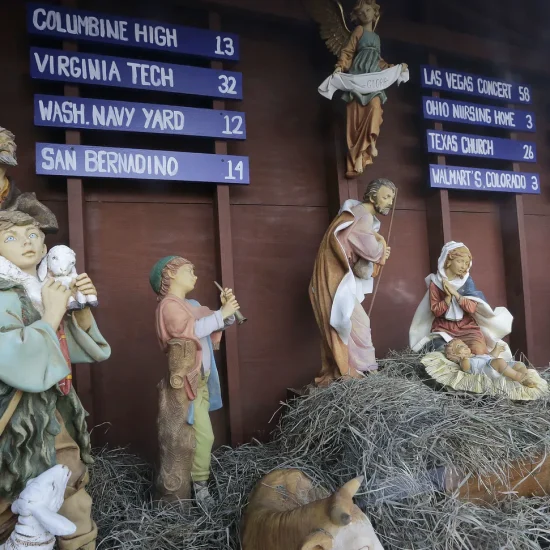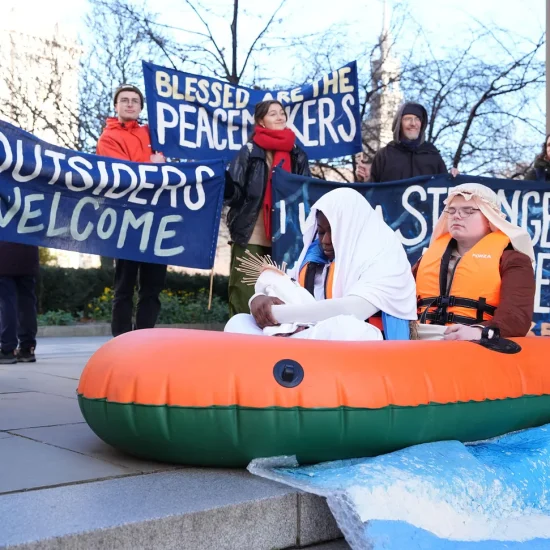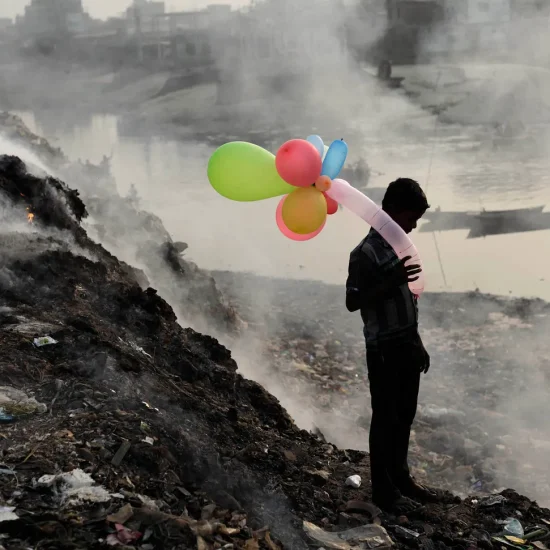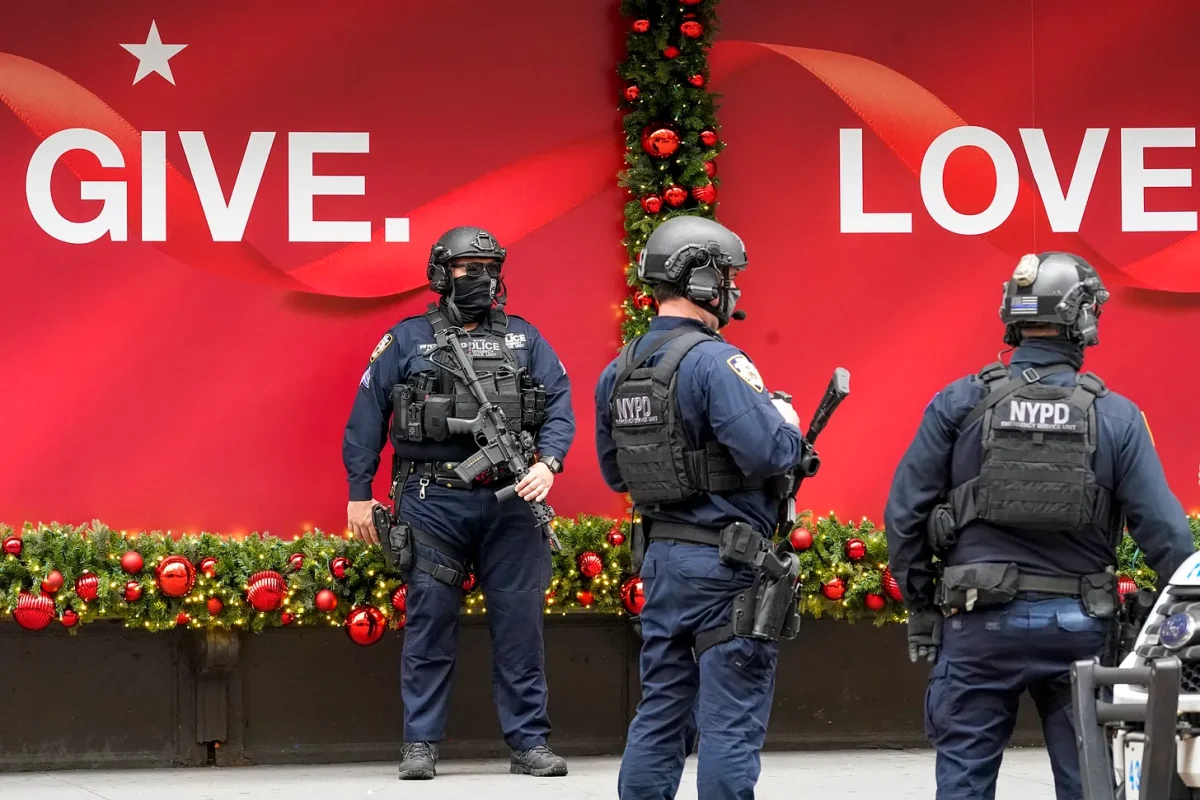
“Because Creator is kind and gentle, he will come to us as the sunrise from above, to shine on the ones who sit in darkness and in the land of death’s shadow, to guide our feet on the good path of peace.” (Luke 1:78-79)
As I read the birth narratives translated by Native North American scholars in the First Nations Version (FNV) of the New Testament, I’m struck by a consistent emphasis on how we are to live.
Gabriel prophesies of John the Baptist, “Because of him many … will find the good road and return to the Great Spirit and his ways” (Luke 1:16). Mary declares of God, “He has been kind to the tribes of Wrestles with Creator (Israel) who walk in his ways” (Luke 1:54). And Zechariah, once he supports Elizabeth’s statement that their child’s name is John and thus finds himself suddenly able to speak again, praises Creator for “guid[ing] our feet on the good path of peace” (Luke 1:79).
How we live matters. Through images of roads and ways and walking paths, the First Nations Version makes this abundantly clear, emphasizing it more than other translations I’ve read. And I think we need this.
It doesn’t just matter that people worship God. It matters what kind of god we’re worshipping.
I’m unsettled by the “Seven Mountain Mandate” (mentioned by Kerrie Gaspard-Hogewood in her recent Advent reflection), and by the signs that it seems to be becoming more mainstream. Do we serve a kind Creator, or a dominating tyrant whose people must grasp the reins of every part of society with an iron grip? Do we worship a God who nourishes us like gentle sunbeams, or a forceful ruler who imposes his (supposed) will on people who don’t want it? Do we follow a trustworthy guide on paths of peace, or a bloodthirsty general preparing for war on enemies — both without and within?
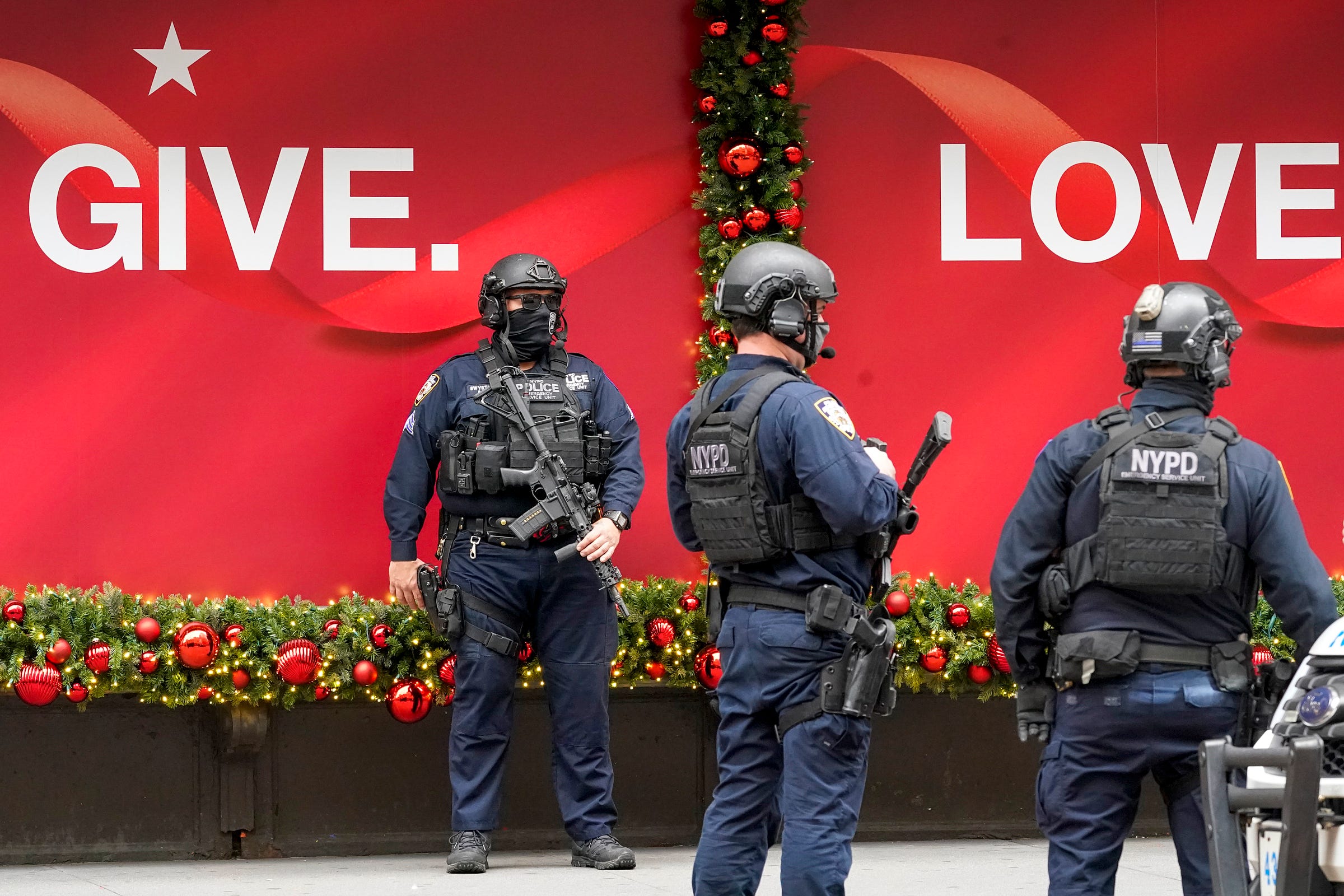
Heavily armed police officers stand outside Macy’s flagship store in New York City on Nov. 27, 2020. (Mary Altaffer/Associated Press)
I believe it’s not too late for Christians to see that those who lead us into violence, greed, dehumanization, and Earth destruction are not leading us on good and fruitful paths. We can find more trustworthy guides, a more trustworthy vision of who God is and who we want to be.
Anishinaabe and Ukrainian writer Patty Krawec speaks to this in her book Becoming Kin. She explained, “The Anishinaabe tradition includes a series of prophecies, eight in total, that are identified as a series of fires.” One fire speaks of a light-skinned “people who would come from across the water,” either “with the face of kinship or the face of death.”
The Seventh fire, Krawec continued, “talks about a new people emerging,” and about “a choice that the light-skinned people would need to make between two roads. … If the light-skinned race chooses well, the Eighth fire will be lit: a fire of peace, love, and community.”
This is the better path before us. This is what Jesus was born to lead us into. Love. Kindness. Gentleness. Creativity. Light and life. Peace and community.
We have a choice every day. Will we choose to live in the dominating ways of the Seven Mountains, or in the justice-bringing, harmony-living, peacemaking ways that may still light the Eighth fire?
Liz Cooledge Jenkins is a writer, preacher, fire chaplain, and former college campus minister with an M.Div. from Fuller Theological Seminary. She is the author of Nice Churchy Patriarchy: Reclaiming Women’s Humanity from Evangelicalism and you can find more of her writing at the Substack newsletter Growing Into Kinship.

NOTE: This is part of our Unsettling Advent devotionals running Dec. 1-Dec. 24. You can subscribe for free and receive them each morning in your inbox.

